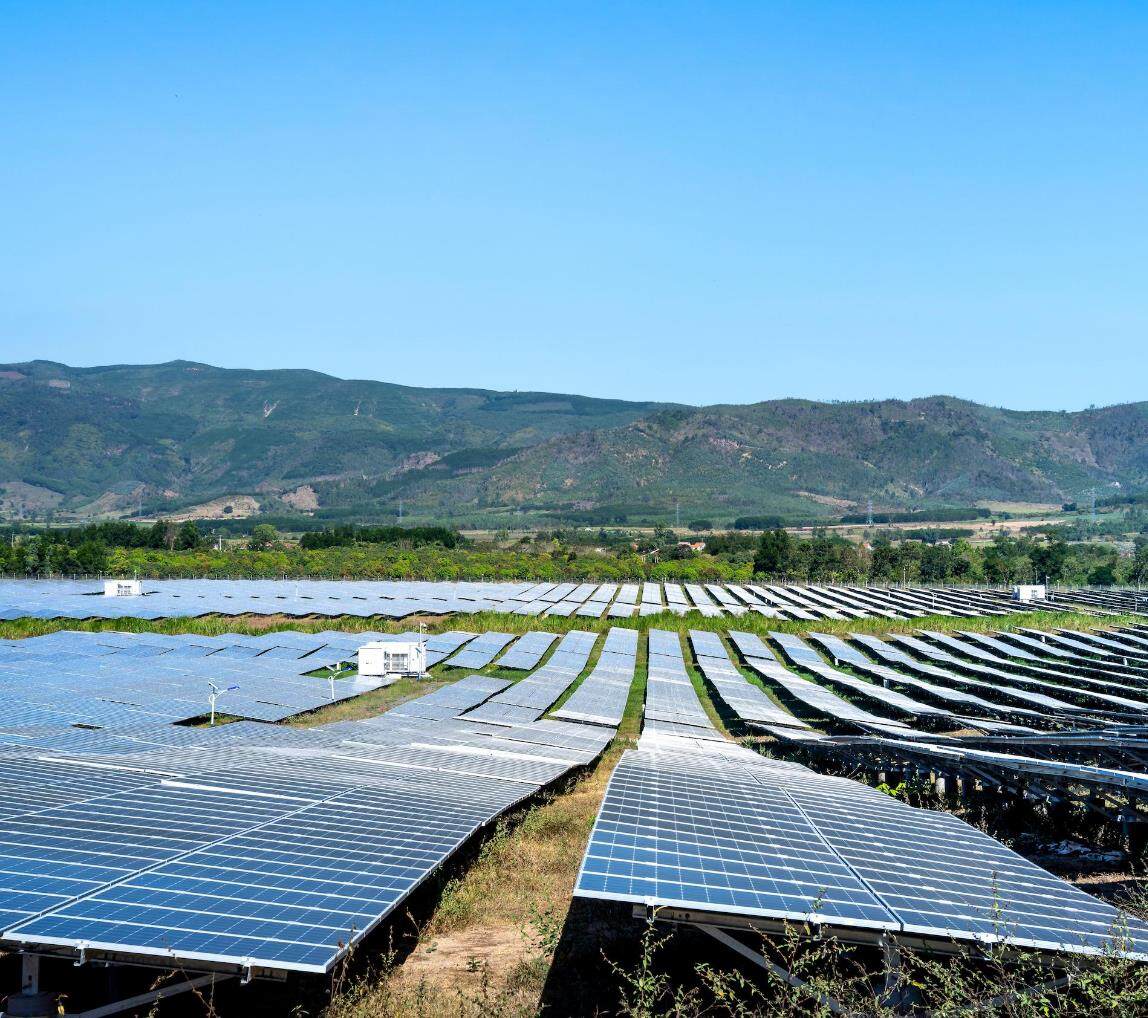- The plan would see one of the world's most coal-dependent countries burn less coal in favor of offshore wind and liquefied natural gas
- Vietnam aims to obtain at least 30.9% of its energy from renewable sources by 2030

The Vietnamese government has a national plan for its power sector. The plan would move the country away from coal while opening access to wind and natural gas. The Power Development Plan 8 aims to secure Vietnam's energy future by 2030, with a further goal of achieving carbon neutrality by 2050.

Vietnam aims to obtain at least 30.9 percent of its energy from renewable sources by 2030, increasing to 67.5 percent by 2050. Offshore wind, which Vietnam did not generate in 2020, should provide the country with 15GW by 2035, about 18.5% of the total power mix.
PDP8 also provides a solar supply guide. A government statement said: "There is no limit to the capacity of rooftop solar development between now and 2025, as long as prices are reasonable and existing transmission networks are not overloaded, especially in areas where electricity shortages are likely to occur." The plan will more than double Vietnam's power generation capacity to more than 150GW by the end of the decade.
PDP8 will need to draw $134.7 billion from the government and foreign direct investment to meet its 2030 target. Much of this is expected to come in the form of foreign direct investment from other G7 countries.
In 2020, the G7 countries collectively pledged $15.5 billion to end Vietnam's dependence on coal. Vietnam is one of the largest coal consumers in the world, providing 30.8% of Vietnam's energy. The Vietnamese government predicts that with PDP8, coal’s share of national electricity production will drop to around 20% by 2030.
Although PDP8 has an estimated value of $134.7 billion by 2030, the 2050 target will be even more expensive. The Vietnamese government estimates that the energy transition period from 2031 to 2050 will cost a total investment of US$399.2 billion to US$523.1 billion.Editor/XingWentao
Comment
 Praise
Praise
 Collect
Collect
 Comment
Comment
 Search
Search














Write something~